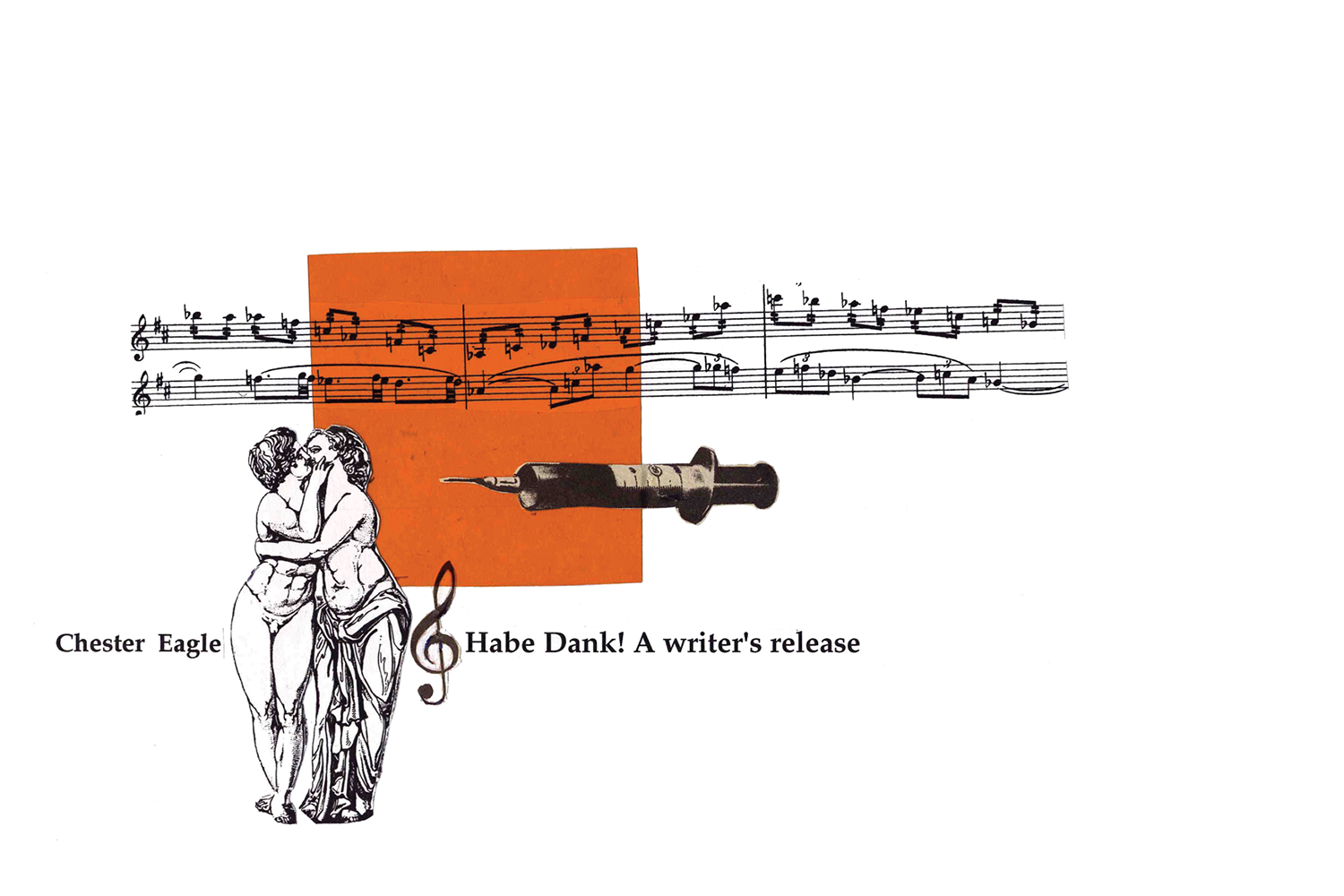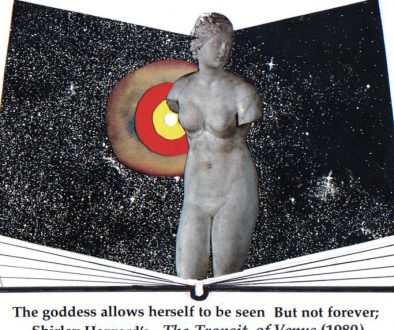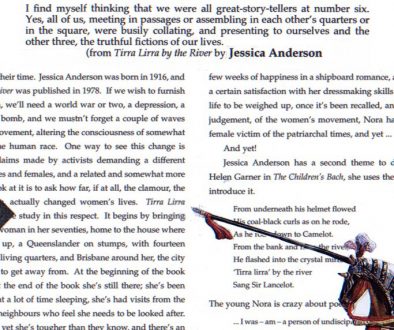3. Habe Dank! A writer’s release

3. Habe Dank! A writer’s release
A short survey of Helen Garner’s first phase.
Habe Dank! A writer\'s release:
Habe Dank! (Give thanks!) is a song by Richard Strauss, and I want to refer to it at the end of this essay because Helen Garner’s use of it concludes the first stage of her writing career, but let us begin with Monkey Grip, her earliest published book. This book was discussed in ‘Unfortunate affairs’, earlier in this series, so what else is there to say?
I think my first words must be fuck, fucking and fucked, because Monkey Grip, if it is anything, is a celebration of sexual freedom. An outsider might say that its characters are promiscuous, but the word has censorious overtones which Garner’s generation of admirers, and the people she portrayed, would dismiss. Sexually active? No, the words are too heavy because in trying to avoid being judgemental they retain some of the weight the old culture applies to bare bodies in bed.
It’s hard to find new words for what we’re talking about; a few years later the word ‘bonk’ filled some of the gap, but it’s lighter, less serious, than ‘fuck’. It’s a word, perhaps, which takes for granted one of the changes in outlook celebrated in Monkey Grip. Garner’s book goes to bed with her characters and their experiences of each other are detailed with acute perception. The people of the book are a new generation, and aware of it. [read more]
Introduction:
In 1981 Patrick White published an autobiographical book called Flaws in the Glass; the Melbourne Age commissioned two reviews, one of them from Hal Porter, who said, among many things unflattering to ‘Mr White’:
Writers of my sort can be said not so much to read as to examine another writer’s work rather as one car freak examines the vehicle and driving of another car freak. One says, “Splendid vehicle! Superb driving!” Or, “Nice vehicle! Ghastly driving!” Or, “Can’t stand that kind of cumbersomely pretentious vehicle! And what bewildering and erratic driving!”
Hal confesses that the third attitude is his to the novels and plays of ‘Mr White’. I will say no more at this point about Mr White or Mr Porter, but I quote this comparison of writer and car freak because in the essays that follow I am the freak who comments on others of his kind. I know I can’t see my essays as others will see them but I imagine some readers accusing me of many things, and others, well trained, perhaps, in one or another school of literary or social criticism, who will think my observations no more than shallow or ignorant. To such people I can only say that these essays offer whatever it is that a fellow-writer can offer, and don’t pretend to offer anything else.



